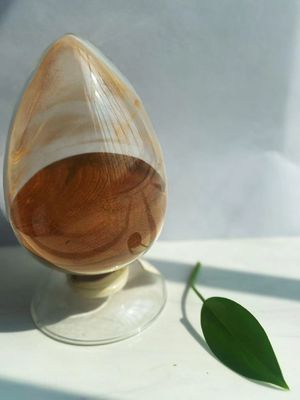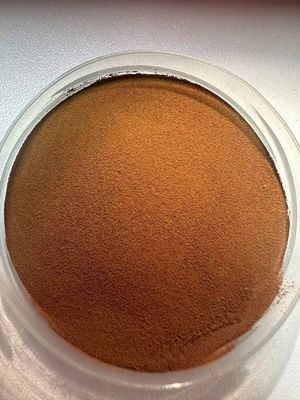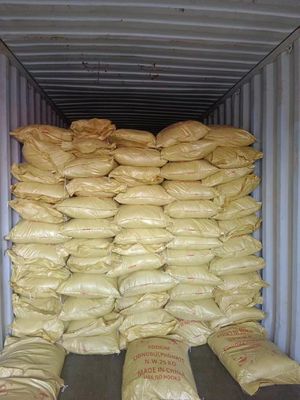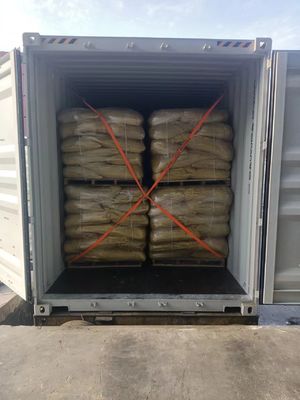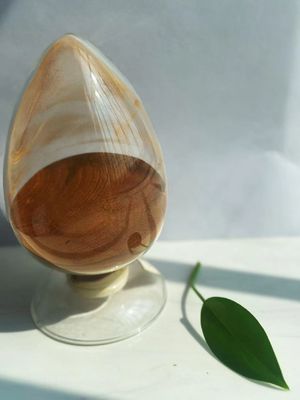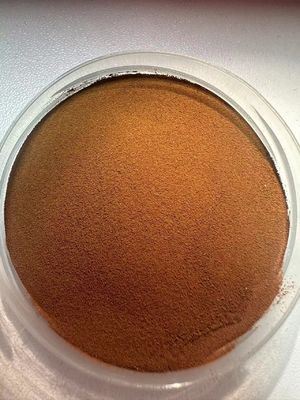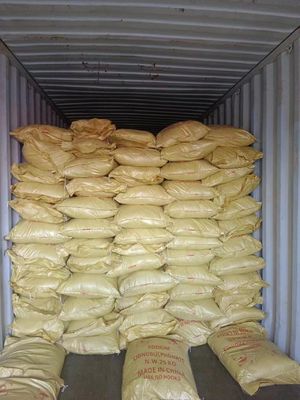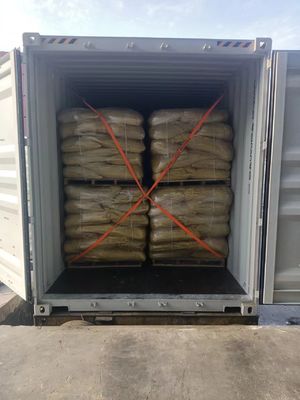-
Lignosulfonate Lignin
-
Sodium Lignosulfonate
-
Calcium Lignosulfonate
-
Potassium Lignosulfonate
-
Sodium Lignosulfonate Liquid
-
Magnesium Lignosulfonate
-
Ammonium Lignin Sulfonate
-
Ferrochrome Lignosulfonate
-
Polycarboxylate Superplasticizer Powder
-
Polycarboxylic Acid
-
Sodium Naphthalene Formaldehyde
-
Lignosulfonate Dispersant
-
Dispersing Agent MF
-
Dispersing Agent NNO
-
Sodium Gluconate
Moisture Resistant Lignosulfonate In Concrete , Chemical Raw Material For Building
| Place of Origin | CHINA |
|---|---|
| Brand Name | ATET |
| Certification | ISO |
| Minimum Order Quantity | 1MT |
| Price | 150USD/T--650USD/T |
| Packaging Details | 20KG/BAG, 25KG/BAG , 50KG/BAG, 500KG/BAG, 550KG/BAG, 600KG/BAG |
| Delivery Time | 7-10 DAYS AFTER PAYMENT |
| Payment Terms | T/T, L/C, D/A, D/P, Western Union, MoneyGram |
| Supply Ability | 3000T A MONTH |

Contact me for free samples and coupons.
Whatsapp:0086 18588475571
Wechat: 0086 18588475571
Skype: sales10@aixton.com
If you have any concern, we provide 24-hour online help.
x| Appearance | Yellow Brown Powder | PH Value(1% Soluble) | 7-9 |
|---|---|---|---|
| Dry Matter | 93%min | Moisture | 7.0% Max |
| Lignosulphonate | 60% Min | Total Reducing Matter | 3.0% Max |
| Inorganic Salt (Na₂SO₄) | 2.0%max | Water Insoluble Matter | 2.0%max |
| Calcium Magnesium General Quantity | 0.5%max | Viscosity(20% Aqueous Solution 18-20℃) | 7-10 |
| Highlight | Moisture Resistant Lignosulfonate In Concrete,Lignosulfonate Chemical Raw Material,Lignosulfonate In Concrete For Building |
||
Lignosulfonates are used in the production of building materials
Lignin
Technical Lignosulphonate in liquid and powder form is a by product of processing of wood. Technical lignosulphonate represents mix of salts of the lignosulphate acids (with impurity of reducing and mineral substances), received of lye of bisulphate cooking of pulp.
In production of concrete
Use of lignosulphonate on the basis of the sodium, relating to hydrolic softeners, by production of concrete and dry construction mixes allows to decrease the cost of components (cement) for 10-15%. Also stratification of concrete mix decreases and its density increases, hardening speed is slowed down.
Additives of the lignosulphonate are entered into cement or concrete mix in number of 0,15 – 0.20%, and super softeners is necessary to enter 0,5-2,0% of the mass of dry cement. When replacing supersofteners by lignosulfonate concrete strength increases by 20-25%, frost resistance by 3-4 times and sharply goes down the cost of mixes because of addition of small amount of lignosulphonate that is connected with their adsorption on a surface of a firm phase. Use of lignosulfonate reduces humidity of raw slime at preservation of its fluidity that increases productivity of the furnace and cuts specific fuel consumption on clinker burning.
With use of intensifiers on a basis of lignisulphonate productivity of grinding units increases and there is an opportunity to replace expensive and scarce chemical products.
In production of building materials
Thanks to the knitting, gluing and superficially active properties technical lignosulphonate is used in production of heat-insulating and finishing plates (wood-shaving, wood-fiber and mineral-cotton) as a strengthening additive. As a strengthening additive in this production are applied rather scarce, expensive and moreover toxic phenolformaldehyde or karbamido-formaldehyde pitches, mixture in the course of production of modified lignosulphonate (20-30%) and pitches allows to receive joint binder.
Thus, toxicity of the plates processed by an additive on a basis lignosulphonate is decreased by 50%. If to use 40 kg/m³ of lignosulphonate at production of mineral-cotton plates, it is possible to achieve sharp decrease in use of toxic phenol alcohols and, therefore, considerable reduction of harmful emissions to the atmosphere. And products in this case turn out to be stronger and moisture resistant.
In production of expanded clay
Technical lignosulfonate can be widely used as a correcting additive in production of keramzite gravel.
Expanded clay is the most widespread artificial porous filler of light and constructional concrete receive a clay upward by fast roasting in rotating furnaces. The correcting additives entered into structure of clay raw materials, allow to intensify expanded clay formation process, to raise a raw materials upward to reduce density and to increase expanded clay durability.
Oil-production industry
In the oil-processing and oil-extracting industry when drilling oil and gas wells lignosulphanates are used as reagent for regulation of key parameters of boring solutions. Also they are a component of the gel-forming system representing solutions with pH 2.5-3.0. Formation of gel leads to redistribution of filtration streams and their best regulation, alignment of a profile of acceleration performance of delivery wells, water inflow restriction in processes that in turn increases oil recovery. Use in these systems of lignosulphanates is possible due to adsorbing of surface-active additives.
As well as in the mining industry, technical lignosulphanates are used for strengthening of various type of constructions: drilling mines, wells etc.
Mining industry
In the mining industry technical lignosulphanates are applied as flotoreagent – the substance, allowing to achieve incomplete wetting of allocated particles, that is various minerals of ores, and doing possible process of flotation. That fact that technical lignosulfates are one of the most inexpensive flotoraegents, and them some thousands are known, promote increase of demand for these reagents in the industry.
In addition in the mining industry technical lignosulphanates are used for strengthening of boring mines. They are added at construction of various coverings and the bases form soil. These constructions are strengthened by bituminous emulsions, liquid bitumen or coal tars, pitches together with cement or lime in which are in turn added lignosulphanates.
Metallurgy
Application of lignosulphanates as a binding material for forming and rod mixes in foundry production is widespread.
At production of forming and rod mixes for iron, color and steel casting lignosulphanates replace some scare and toxic materials: phenolic alcohol, karbamidoformalde and hpenolformaldehyde pitches.
When using binding on basis lignosulfates there is a decrease in prime cost of suitable raw materials, increase in durability of cores, reduction of their crumbliness till 0,05 – 0.08%, decrease of temperature and reduction of time of a thermal solidifyness.
In production of non-ferrous metals lignosulphanates are used as flotoreagent and binding reagent for briquetting of fine-grained raw materials. They are widely applied as binding and softener by production of cast iron, steel, pre agglomeration, acid etching and metal training and so on.
Chemical industry
In the chemical industry lignosulphanates are applied in production of pesticides and etching of seeds – as a dispergator and the stabilizer of suspensions in production of chemical means of protection of plants.
Use of lignosulphanates in the food and perfumery industry is also widespread. Received of lignosulphanates and hydroxyl anisole vanillin is applied to giving of a specific smell.
![]()



